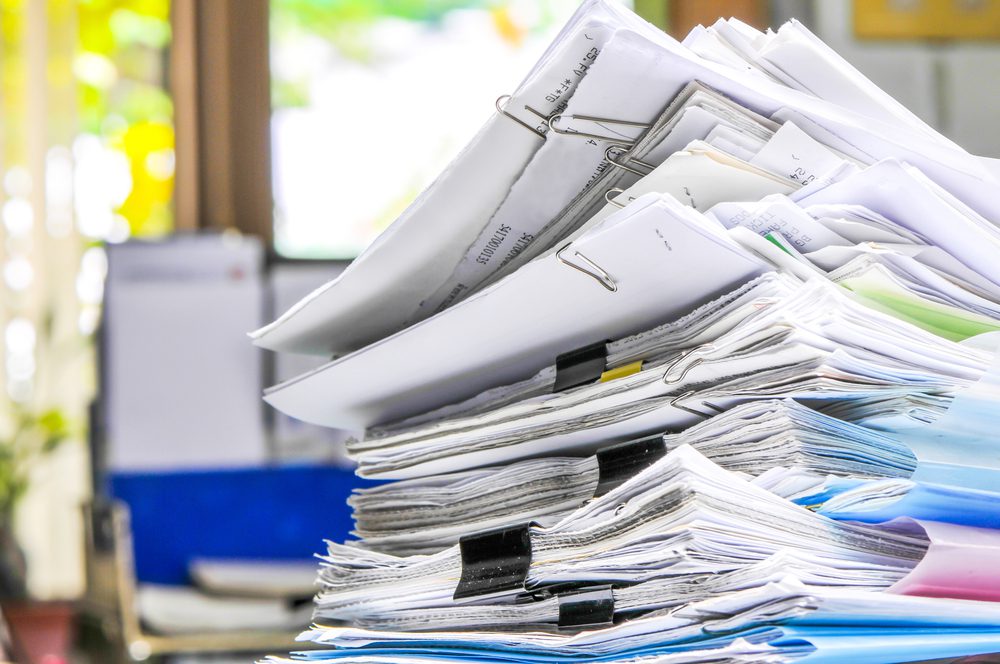No duplicated work regarding due diligence needed in EU deforestation regulation
Deforestation initiative aims to reduce the environmental footprint of global trade. It must avoid duplicating due diligence work, argues Karoliina Rasi, Senior Adviser at Finnish Industries.
The European Commission’s proposal of deforestation is currently debated in the European Parliament. The initiative aims to minimise consumption of products coming from supply chains associated with deforestation or forest degradation – and increase EU demand for and trade in legal and ‘deforestation free’ commodities and products.
Finnish Industries support the aim to safeguard the world’s forests, protect biodiversity, and tackle global warming.
The Council has recently reached an agreement to set mandatory due diligence rules for all operators and traders who place, make available or export the following products from the EU market: palm oil, beef, timber, coffee, cocoa, and soy. The rules also apply to a few derived products such as leather, chocolate, and furniture.
We welcome the Council’s simplified and clarified rules of the due diligence system as its opinion the general approach avoids duplication of obligations and reduces administrative burden for operators and member states’ authorities.
The first placer on the market should be responsible to ensure that the commodity or product is deforestation free, and prepare the due diligence statement (DDS), as they are closest to the original source of the commodities/products. It becomes challenging further along the supply chain. Any supplier downstream should be able to rely on this statement and check the origin of the commodity via a chain of custody.
In the Council’s position the operator-exporter or manufacturer who is the first placer on the market of the commodity or products rightly is responsible for the due diligence statement. And all other traders except SMEs are obliged to make available to the competent authorities the reference numbers of the existing due diligence statements via an information system. The traders would be obliged to make available the reference number without a request. As an exporter or manufacturer already must do that, . We should indeed avoid duplicating work. Reference number is certainly an important guarantee of traceability in the future. The obligation to provide it “on request” should concern all the traders, however.
